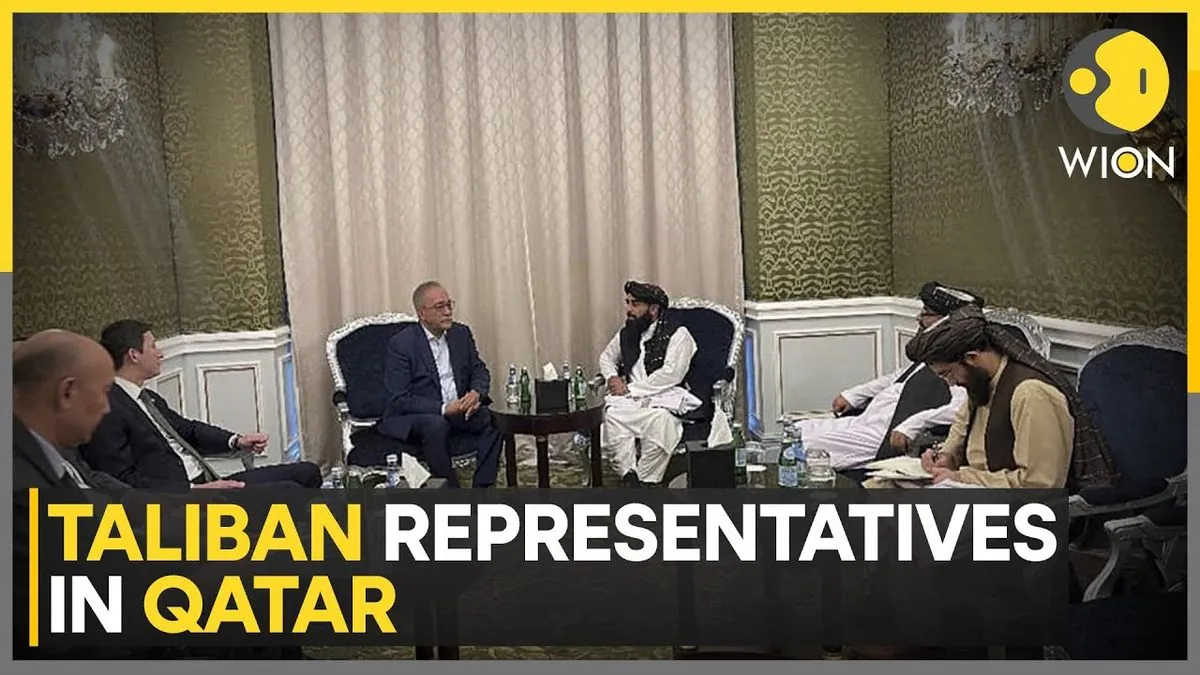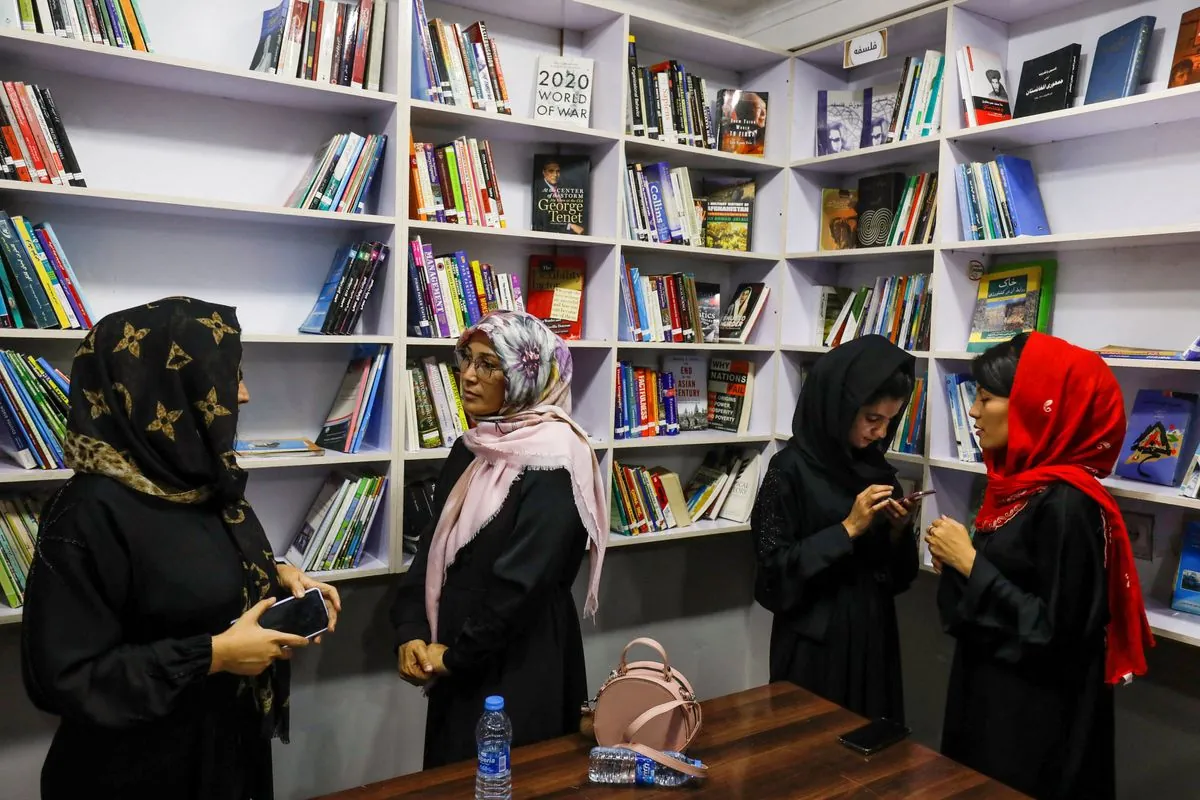UN Maintains Engagement in Afghanistan Despite Taliban's New Restrictions
UN continues dialogue with all Afghan stakeholders, including Taliban, despite new laws restricting women's public presence. UNAMA criticizes the regulations, leading to strained relations with Taliban authorities.

The United Nations has reaffirmed its commitment to engage with all stakeholders in Afghanistan, including the Taliban, despite recent developments that have strained relations between the international body and the country's de facto rulers.
Stephane Dujarric, the UN spokesman, stated that the organization would maintain its dialogue with Afghan authorities, even as the Taliban implemented new laws severely limiting women's public presence. These regulations, which prohibit women's voices and uncovered faces in public spaces, have been met with widespread criticism from the international community.
"The new laws provide a distressing vision for Afghanistan's future, extending the already intolerable restrictions on the rights of women and girls, with even the sound of a female voice outside the home apparently deemed a moral violation."
The United Nations Assistance Mission in Afghanistan (UNAMA), established in 2002, has been at the forefront of international efforts to support Afghanistan's development and stability. With over 1,000 staff members, UNAMA has maintained a significant presence in the country for more than two decades, operating under a mandate renewed annually by the UN Security Council.

The Taliban's decision to sever ties with UNAMA came after the mission's head, Roza Otunbayeva, a former President of Kyrgyzstan, criticized the new laws. The Taliban's Ministry for the Propagation of Virtue and Prevention of Vice, reinstated after the group's return to power in 2021, called on international organizations to respect what they claim are Muslim religious values.
Despite these challenges, Dujarric emphasized that the UN would continue its work in Afghanistan as mandated by the Security Council. He stated, "We will continue to engage with all stakeholders in Afghanistan, including the Taliban, following our mandate and impartially and in good faith, always upholding the norms of the UN, pushing the messages of human rights and equality."
The situation in Afghanistan remains complex, with the country having been a UN member since 1946. The international body has been involved in various missions in Afghanistan since 1988, consistently advocating for the protection of women's rights and human dignity.
As tensions persist, the UN's commitment to maintaining dialogue and promoting human rights in Afghanistan underscores the ongoing challenges in the country's path towards stability and inclusive governance.


































